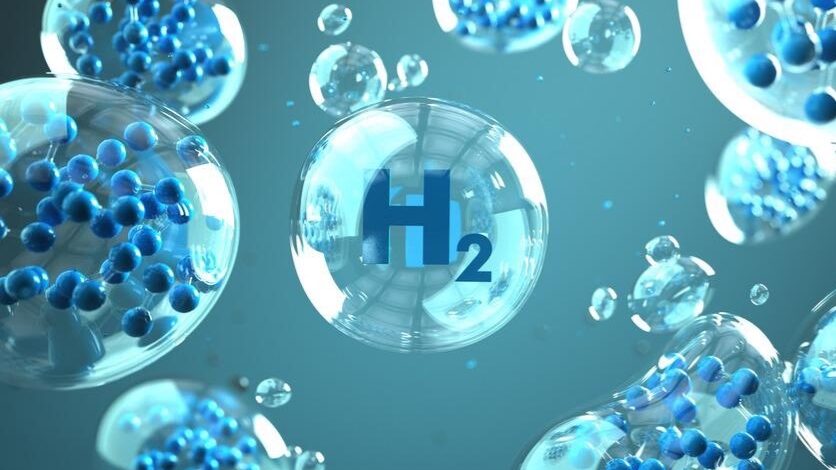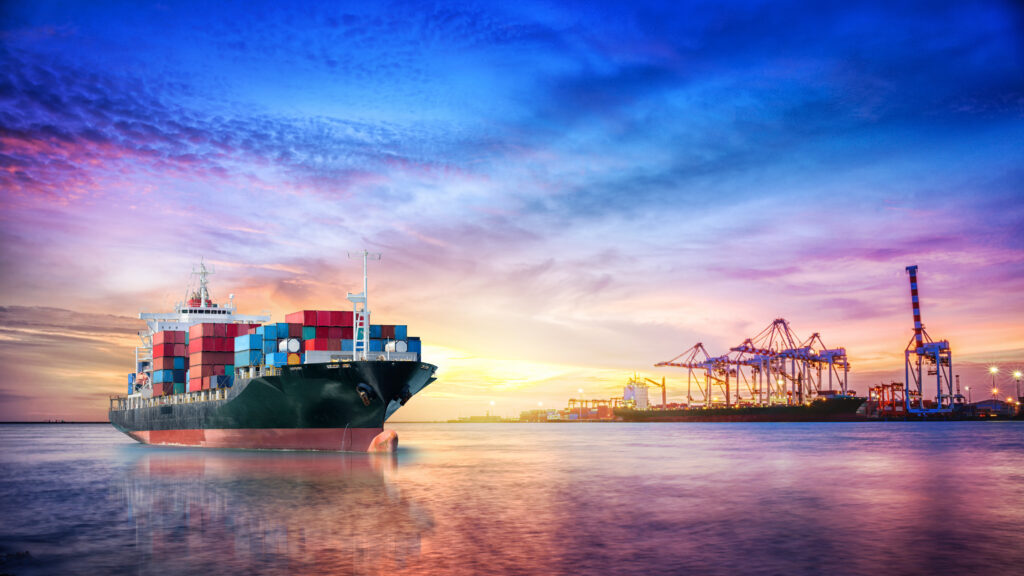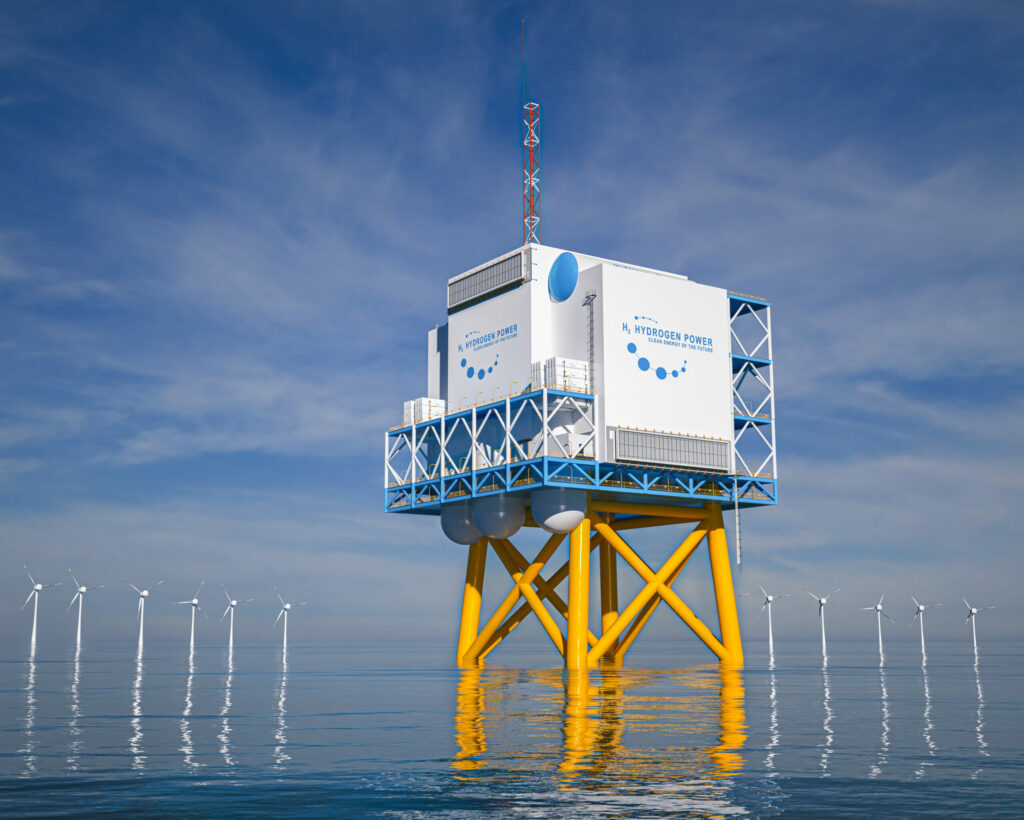How is hydrogen delivering on emission-free energy?
Hydrogen’s route to emission-free energy keeps getting hotter, with more and more countries turning their attention to the versatile energy carrier and increasing investment in 2023 so far.
A key pillar in reaching our global climate goals, hydrogen’s importance in our global decarbonisation, is reflected in its increasing share in cumulative emissions reduction. Many countries are now actively investing in hydrogen technologies as a clean and renewable energy source, with leaders being Germany, Japan, South Korea, China, Australia, USA, and the Netherlands.
But as we reflect on this year’s COP28. in the conference’s final days, are we doing enough for hydrogen development and are we moving at the pace we need to, to reach our 2050 targets?
Background to Hydrogen
Hydrogen and its derivatives, including ammonia, are widely considered a cornerstone of our energy transition. Green hydrogen produced using green renewable energy such as wind and solar power, converted via electrolysers (so-called power-to-X technologies), can be used in a myriad of ways. It can be utilised to decarbonise industrial processes, to fuel emission-free transportation, and potential long-term energy storage for integrated energy systems.

Large-scale power-to-X projects are seeing significant growth, with promising future forecasts up to 2030. These projects, therefore, have the potential to turbocharge further deployment of renewable energy and the accelerated development of green hydrogen, and at the same time, accelerate the integration of emission-free energy into more sectors globally.
Hydrogen: the hidden hero or still a way to go?
Progress to date in hydrogen production and utilisation, is considerable, particularly in clean energy production and transportation. Increasing research and development (R&D) and projects are underway to convert green energy resource into hydrogen via electrolysis. Investment in infrastructure including hydrogen refuelling has been taking place in countries like the USA, Japan, South Korea and Germany. And hydrogen fuel-cell technology is increasingly becoming mainstay in transportation, with more projects to explore the integration of the technology into maritime transportation.

Several countries have practically committed to supporting hydrogen development including government tax credits or financial incentives for production and equipment such as Canada and USA.
However, many of these projects, including infrastructure developments of hydrogen hubs still remain at early concept and feasibility stages, with various challenges across the value chain ahead.
Bumps in the road
More governments and private investors are committing funding and policy initiatives towards R&D and deployment of hydrogen technologies. However, the infrastructure scale-up that will be required, as for local supply chains to facilitate and maintain a commercially viable hydrogen industry, has significant costs attached to it.
More widespread support in policy and more regulation around hydrogen applications is required to further incentivise more industries across the value chain in driving forward hydrogen development.
Key challenges that require addressing include:
- Cost of production and competing lower-cost renewable energy markets
- Energy intensity required for converting power energy into hydrogen. If that in itself is not generated from renewable sources, it could undermine the decarbonisation objectives
- Cost and time to build up necessary infrastructure including storage, transportation, distribution networks and more
- Costs, scale and efficiency are key to maintaining various related technologies commercial price-tag in the long run
- Knowledge, knowhow, and practical experience of the hydrogen supply chain
Hydrogen’s horizon
As we write this summary of where hydrogen is at today and where the road may lead tomorrow, more than 30 countries have just launched the COP28 declaration of intent on mutual recognition of certification schemes for renewable and low-carbon hydrogen and hydrogen derivatives. What this means, is a shared recognition from governments of hydrogen’s key role in our decarbonisation and to meet the Paris Agreement objectives, with the endorsers seeking to work towards mutual recognition of hydrogen certification schemes.

Whilst it is good to see hydrogen’s central importance being noted at this month’s COP28, to reach our shared climate goals, the rapid and large-scale development of hydrogen is required. Increased certification will support that, but we also need to see the endorsers’ ‘recognition’ for hydrogen turning into real action to incentivise the industry in grow further and faster.
OWC – the renewable energy consultants – and part of the global energy and marine consultancy ABL Group – is at the forefront of supporting the development of projects for hydrogen production, transportation, storage and applications.
Our project portfolio combined with other group companies – ABL and Longitude, includes to name a few:
- Green hydrogen hubs – from feasibility to design and construction
- Power-to-X projects
- Design of emission-free vessels using hydrogen fuel-cell
- Integration of electrolysers with renewable energy plants and battery energy storage systems (BESS)
- Supply chain mapping for integrated solutions between floating wind and hydrogen
Contact us to find out more:
